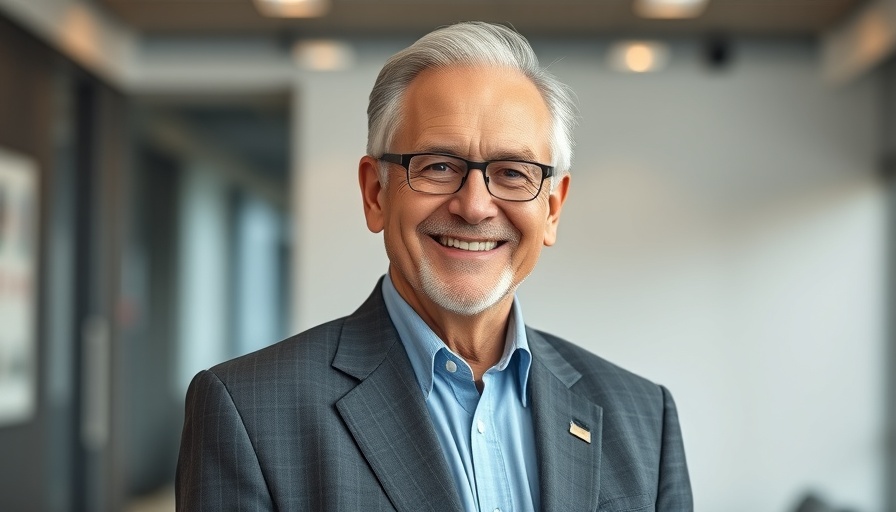
The Energy of the Future: TotalEnergies’ Strategy for 21st Century Transition
The dynamics of the energy sector have shifted dramatically in recent years, and one company leading the charge toward an all-electric future is TotalEnergies. CEO Patrick Pouyanné’s vision is not just about sustainability; it’s about pragmatism, affordability, and readiness to adapt. In a recent interview with McKinsey, he discussed the challenges ahead and his unyielding commitment to transforming TotalEnergies from a traditional oil company into a renewable energy powerhouse.
Balancing Traditional Energy and Renewables
Unlike many of its European counterparts, TotalEnergies is not retreating from bold commitments to renewable energy. Pouyanné's strategy involves maintaining approximately 30% investment in renewables while also prioritizing the company's foundational oil and gas operations. He describes this as a tightrope walk—straddling the line between satisfying traditional energy investors and appealing to a growing base of environmentally conscious consumers.
In addressing the current slowdown in energy transition projects, Pouyanné noted that it’s not merely a matter of backtracking commitments but rebalancing ambitions. His mantra stresses that “pragmatism doesn’t mean renouncing ambition.” For him, this means setting realistic targets, like reducing Scope 1 and 2 emissions and growing the renewables sector responsibly.
Understanding Global Energy Dynamics
Pouyanné also highlighted the importance of global trends in energy consumption. He pointed out that decisions made in the U.S. regarding EV adoption and carbon pricing will reverberate through other markets like China, India, and South America. However, he cautioned against expecting rapid changes everywhere, noting that significant aspects of the transition must be gradual, or else society may not keep pace.
Moreover, TotalEnergies’ reliance on existing technologies, such as liquefied natural gas (LNG) for marine fuel, underscores the necessity of transitional solutions. Although not perfect, LNG provides a measurable reduction in emissions while investments in newer technologies are developed.
Misconceptions About the Energy Transition
A major misconception prevalent since the Paris Agreement is the assumption that energy transition equates to an immediate shift to perfect solutions, such as electric vehicles. Pouyanné emphasized that immediate, overnight transformations are impractical and even infeasible. “The change in target led to the belief that we could transform the energy system overnight,” he stated, advocating for a more measured approach that includes interim technologies and solutions.
Such realism is vital, considering the historical context of climate agreements. As pressure mounted for quicker action on reducing carbon emissions, the urgency may have inadvertently caused some stakeholders to overlook the gradual nature of systemic change.
Leadership and Legacy in Energy Transition
Pouyanné also shared his insights on leadership during times of transition. He advocates for a decision-making process rooted in collective input while maintaining the conviction to follow a clear strategic direction. His approach to integrating renewable energy aligns with nurturing and maintaining employee morale, which he sees as critical to sustaining long-term innovation and transitions within the company.
As he reflects on his legacy and the path forward, his overarching message is clear: TotalEnergies is committed to evolving with the energy landscape but with a focus on maintaining stability and affordability for consumers.
The journey to a sustainable future is fraught with challenges, yet Pouyanné remains optimistic. The company’s bold plans in renewable energy, paired with a sound understanding of global market mechanics, position TotalEnergies not merely as a participant in the energy transition but as a leader forging pathways in the electric era.
 Add Row
Add Row  Add
Add 



Write A Comment